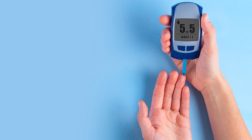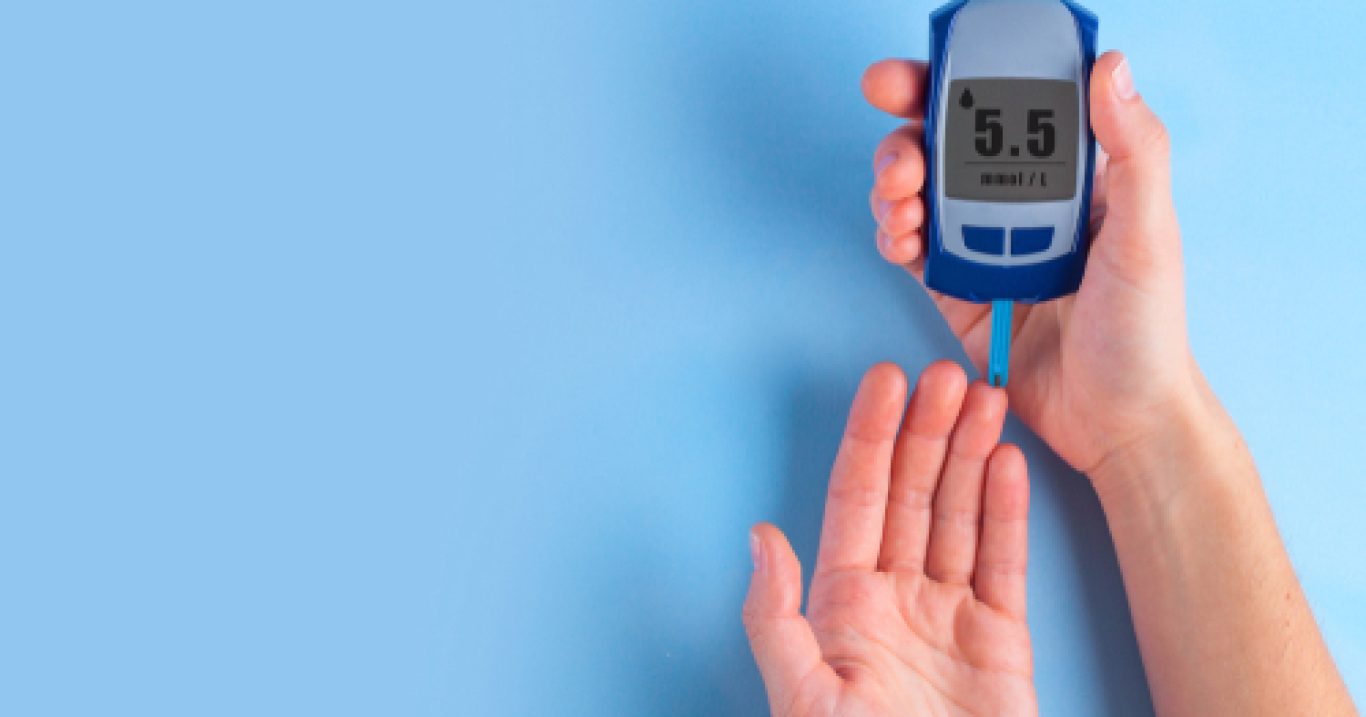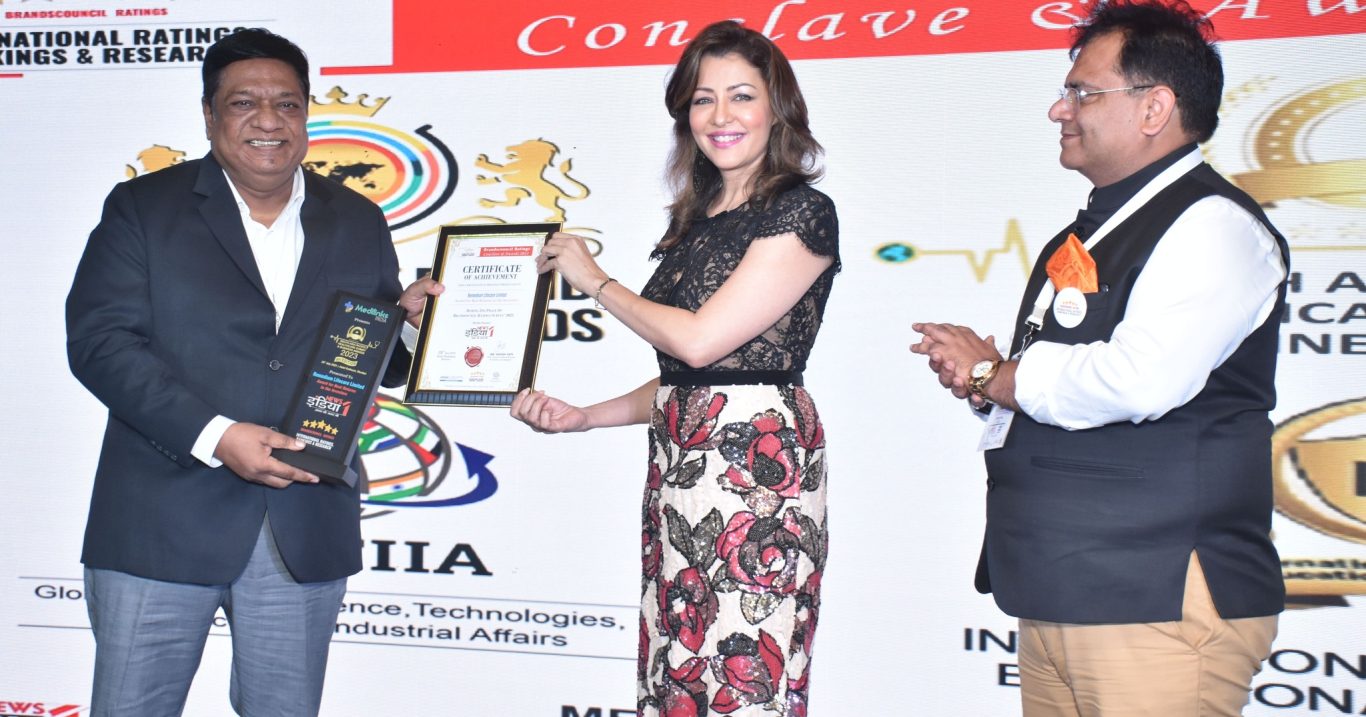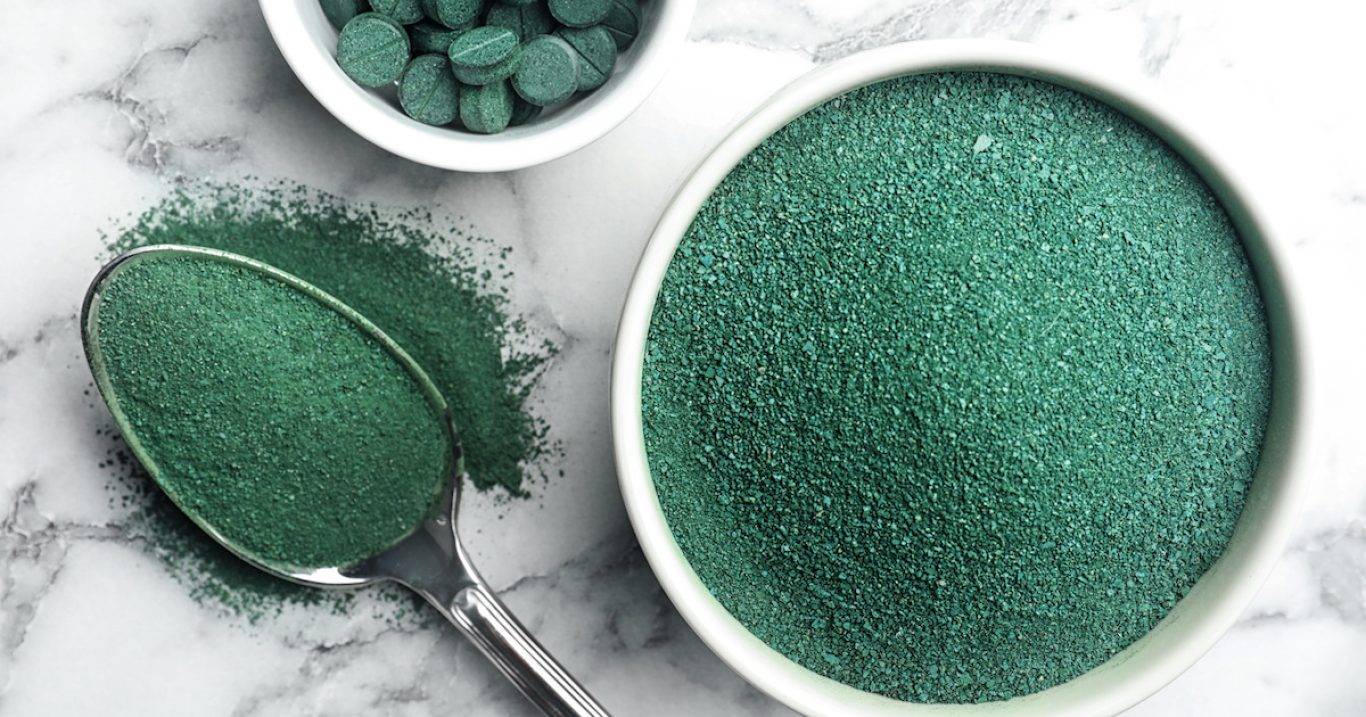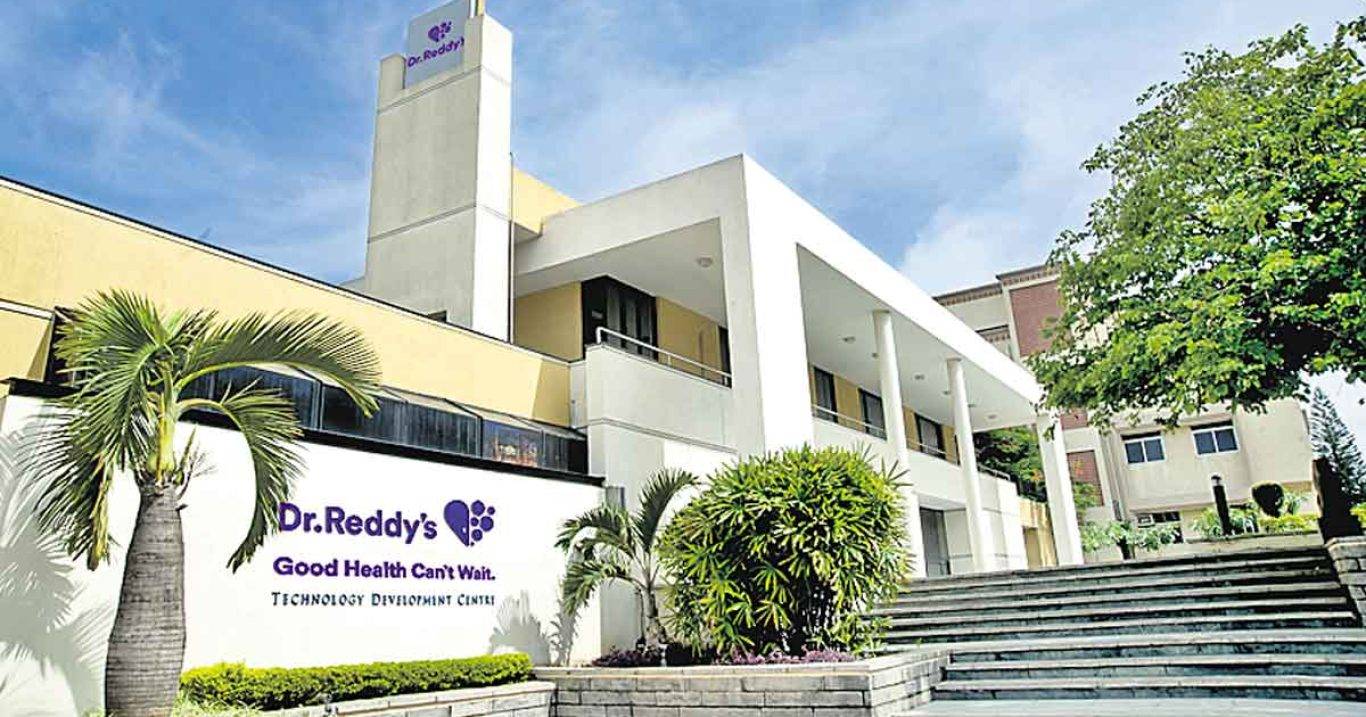93% Indians are sleep-deprived – Study
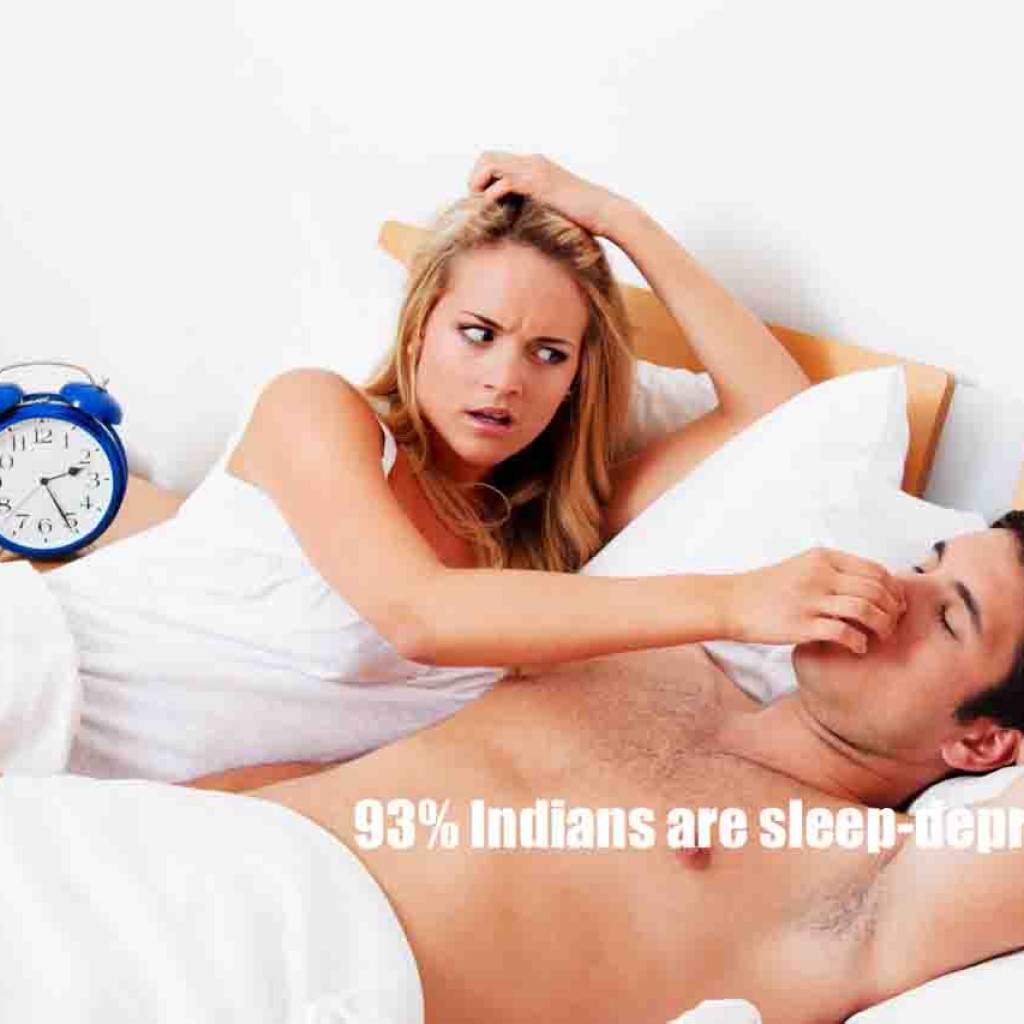
After Ajay ended his Lucknow to Delhi journey by Rajdhani Express, he could hardly bear the severe headache. He ‘had to play mobile games whole night’ as he was not able to sleep due to ‘sound’ sleep of fellow passengers. For call-centre executive Pragati Dubey, a resident of Gomtinagar, her bed-time starts only after 4am. Getting back home from her work at around 2 am, she keeps up till sleep gets over her – sometimes well past dawn.
Ajay and Pragati are a fast-growing tribes of insomniac Indians. According to a study conducted by a consumer products giant, nearly 93% Indians are sleep-deprived. The changing lifestyle and intrusion of modern gadgets have only aggravated the situation. In Lucknow district alone, the number of sleep disorder-affected patients could be well over 40 lakh, say doctors at King George’s Medical University.
According to a study conducted by a consumer products giant Philips, nearly 93% Indians are sleep-deprived. The changing lifestyle and intrusion of modern gadgets have only aggravated the situation. In Lucknow district alone, the number of sleep disorder-affected patients could be well over 40 lakh, say doctors at King George’s Medical University.
To mark the importance of a good sleep, World Sleep Day is being organized every March since 2008. This year, Friday, March 13, has been selected to encourage education, research and patient care throughout the world, particularly in those parts where the practice of sleep medicine is less developed.
“The need for proper medical attention towards attaining good sleep is growing as we see shrinking schedules and lack of time,” said Dr Ved Prakash of KGMU. Pauses in breathing while sleep is affecting the quality which is medically termed as sleep apnea – a disorder characterized by infrequent breathing during sleep.
“Sleep apnea and insomnia are among common sleep disorders which constitutes to majority of sleep disorders. There are around 84 qualified sleep disorders but all the sleep problems can be housed into three categories viz. people who sleep too much or excessive daytime sleepiness, people who sleep less or insomnia and those whose sleep disturbs others,” says Udit Goyal, business head – home healthcare (South Asia) at Philips HealthTech. Goyal added that the sleep therapy market in India is growing at the rate of 20 per cent and currently stands at Rs 80 crores.
The study further says that 72% of Indians are waking up one to three times per night and 87% of them say lack of sleep is affecting health. On the impact on productivity, the study revels that more than 58% of Indians believe their work suffers due to lack of adequate sleep whereas 38% have witnessed a colleague falling asleep at work.
“Food habits, lack of exercise, irregular sleep and varying working styles are basic reasons of sleep apnea. Interestingly, patients don’t take sleep disorders seriously which is a cause behind many other ailments including obesity, hypertension and diabetes,” said Dr Ved Prakash, adding “Patients often come for the treatment of hypertension and diabetes while upon diagnosis it is revealed that sleep apnea is one of the basic reasons for this disorder.”
* 93 per cent of Indians are sleep deprived, getting less than 8 hours per night
* 58 per cent believe their work suffers due to lack of adequate sleep
* 11 per cent take leave from work because of lack of sleep
* 11 per cent have fallen asleep at work due to a poor night’s sleep and 38 per cent witnessed a colleague falling asleep at work
* Lack of sleep also affects family relationships according to 19 per cent
* 87 per cent of Indians say lack of sleep affects health
* 72 per cent of Indians are waking up 1 to 3 times per night
* 15 per cent wake up over stress at work
* 33 per cent Indians snore
* Up to 14 per cent snore as loud as or louder than talking
* Only 2 per cent of Indians discuss their lack of sleep with a physician
(According to a Philips Healthcare survey)
Tricks for a better night’s sleep
Research shows that adequate sleep is key to a healthy lifestyle and even small amounts of sleep deprivation take a significant toll on our health, mood, memory, cognitive capacity, and productivity.In today’s fast-paced, multi-tasking world, a good night’s sleep can be elusive for many. According to Dr. Charles Abate, Medical Director for the Center for Sleep Medicine at NewYork-Presbyterian/Hudson Valley Hospital in Cortlandt, “Most people report an average of two nights per week of insufficient sleep and almost 40 percent of Americans get six hours of sleep or less per day.”
Sleep requirements vary from person to person, with age and gender also being factors, but Dr. Abate explains, “The quality of sleep is as important as the quantity of sleep. Whereas an average adult may need 7.5 to 8 hours per night, a school aged child (6 – 13 years old) may need 9 to 11 hours.”
What people need versus what they actually get is the issue. “Sleep deprivation has become a fact of life for many adults and children. It’s one of the first things we are willing to sacrifice as the demands in our lives keep rising. Neither children nor their parents are getting enough quality sleep, in part due to the heavy evening activities and commitments,” says Dr. Abate. Adding to the problem is that many adults and children are sleeping in proximity to at least one or more electronic devices including televisions, computers, tablets and smart phones. “Artificial light exposure emitted from these devices at bedtime disrupts sleep cycles and suppresses the release of the sleep-promoting hormone melatonin.” Results can range from daytime drowsiness and poor concentration, to slow reaction time and memory lapses.Sleep deprivation can also open the door to sleep disorders. It is estimated that nearly 70 million adults in the United States have a sleep disorder, the majority of which remain undiagnosed. There are over 80 different types of sleep disorders, the most common being insomnia, sleep apnea, restless leg syndrome and narcolepsy. Says Dr. Abate, “If you suspect that you may have a sleep disorder, it is important to discuss your symptoms with your doctor. He or she can help you identify the difficulties you are having, and may refer you to a sleep specialist who will review your symptoms and possibly suggest you undergo a sleep study.”
Taking it a step further, sleep disorders such as sleep apnea and insomnia can predispose individuals to many medical conditions including hypertension, cardiovascular disease, stroke, diabetes, obesity and depression. “That’s why it’s important to see your doctor if you suspect you are having sleep difficulties,” says Dr. Abate.The good news is that better sleep can be achieved through changes in lifestyle. Dr. Abate offers these tips:
– Establish a consistent sleep schedule for sleeping at the same time each day of the week including weekends.
– Prior to sleep, limit any stimulating activities such as exercise and work. Instead, perform activities that you may find relaxing such as reading or taking a warm bath.
– Create an optimal sleep environment. The bedroom should be dark, well ventilated, and free from distractions such as TVs, computers, tablets and smart phones.
– A healthy lifestyle consisting of exercise and a healthy diet can contribute toward better sleep. Avoid alcohol, nicotine, and caffeine close to bedtime.




